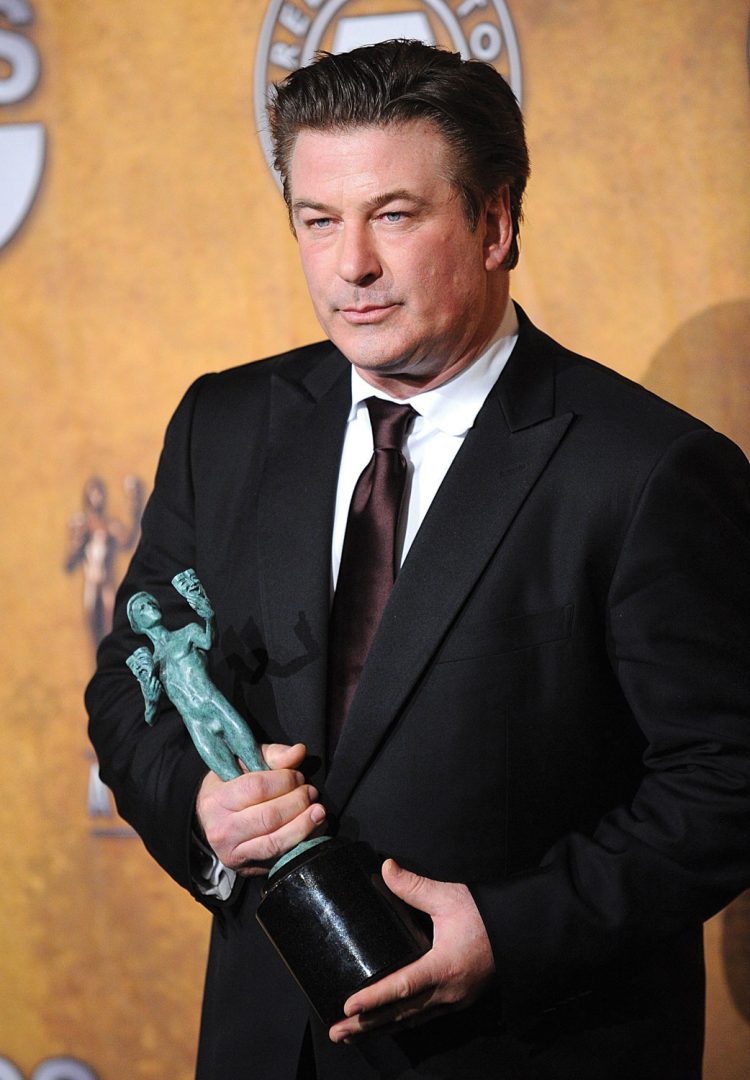Theater of the Mind: Comedians Take Over Commericals
December 7, 2011
For the past few years, Target’s infectiously enjoyable Christmas ad campaign has been at the top of its game. A wild-eyed blonde in a rotating wardrobe of immaculate holiday garb doles out tips for shoppers. Though you might know her as “Crazy Target Lady,” that vision in a red track suit and pearls is comedian Maria Bamford. Aside from contributing her voice to countless cartoons, she played Mayor May Kadoody on “The Sarah Silverman Program.” Bamford is one of many comedians who have taken over the world of television advertising.

In addition to Bamford, you may have also noticed Mindy Kaling of “The Office” celebrating how “cute” Healthy Choice meals are, or Ty Burrell from “Modern Family” consoling an orange because it can’t compete with Minute Maid Pure Squeezed orange juice. So many familiar funny faces have been showing up in advertisements that it’s almost as if the addition of commercial content is giving us a real half-hour out of our sitcoms.
For comedians who already have a loyal following, it’s not so much about selling the product as it is about connecting to the consumer by lightening their mood.
“The advertisers know what they are doing, particularly in their desire to create approachability,” said Rev. Michael Tueth, S.J., professor of communication and media studies at Fordham College at Lincoln Center (FCLC). “We already have invited these comedians into our homes and we feel as if we know them. Their endorsement does humanize the brand. At the same time, it doesn’t connect them too much with the product.”
Alec Baldwin, who plays the super-confident Jack Donaghy on “30 Rock” recently used his smooth, commanding persona in a series of Capital One commercials. In the ad titled “Airport,” Baldwin doesn’t offer financial advice about Capital One’s Venture Card or the accompanying frequent flier miles, but exists to carry over that leading-man machismo. “It’s okay,” Baldwin intones, staring into the camera, “I’ve played a pilot before.”
Persuasion is an area of social psychology that has obvious appeal to advertisers, who must play their cards correctly in order to sway an audience. A pitch that is too soft won’t resonate with viewers, while a heavy-handed approach will cause people to shut out the information. For instance, a study conducted at the University of Georgia in 2007 found that anti-smoking ads depicting harsh consequences and gory images of sickly smokers do little to dissuade smokers.
Persuasion also depends on the type of source, whether it’s intended to be credible, attractive and identifiable, or powerful. Not to mention, advertisers must also consider how easily persuaded their demographic is, as well as whether an audience prefers a logical or emotional appeal. “It’s a very clever strategy because people are more likely to buy something from someone they think is funny,” says Lin Kennedy, FCLC ’12. “It’s the halo effect—they assume that people who are funny and attractive are also trustworthy so consumers want to buy what they’re endorsing.”
Meanwhile, Carolina Pinero, FCLC ’12, does not agree that comedians provide a memorable turn during advertising. “I think it’s ineffective because you don’t really see comedians in commercials in the first place. The only example I can think of is the Call of Duty commercial with Jonah Hill,” Pinero said.
Researchers at George Washington University and UCLA have discovered that different methods of advertising stimulate different levels of brain activity, depending on whether the approach is meant to be logical, or non-rational. The study, published in September 2011, warned that non-rational ads had the ability to inhibit responses to certain stimuli, leading to less behavioral control and potentially weakening consumer restraint. In effect, advertising has the ability to “seduce your brain,” the researchers report.









